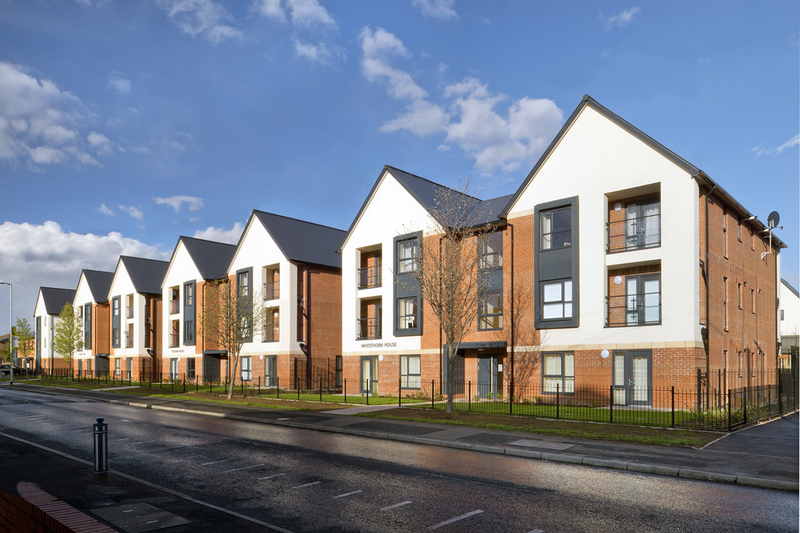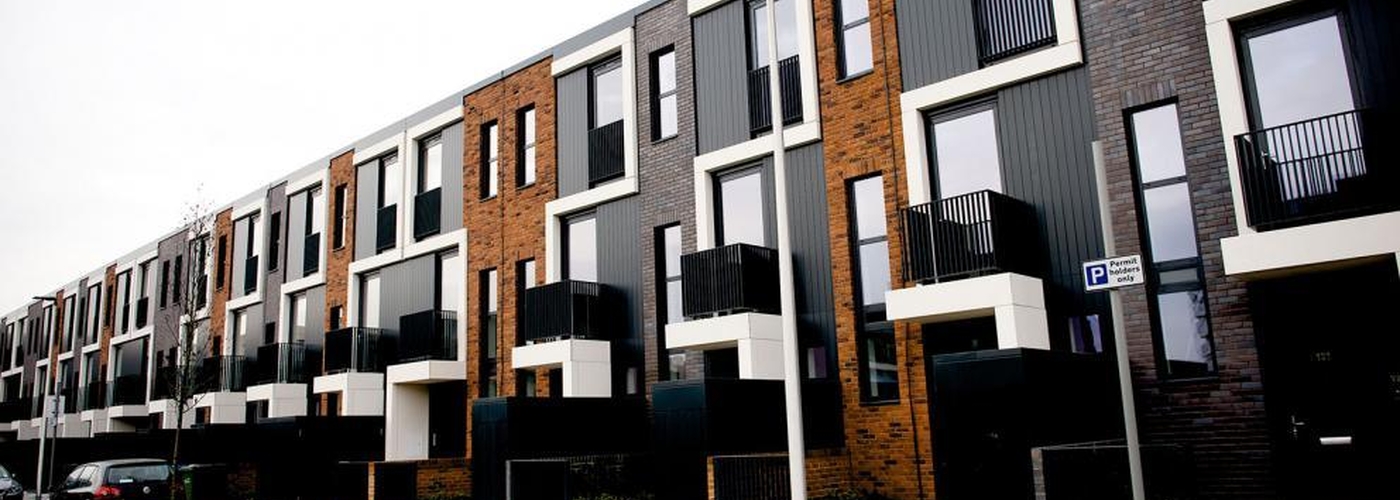Cllr Sam Wheeler asks: 'why are we chasing a figure that will never be within the reach of most Mancunians?'
£750 a month. That is the definition of affordable housing costs in Manchester. Average Mancunian household income is reckoned at about £27,000 a year, and the rule of thumb is housing shouldn’t take up more than a third of your income. Nine grand a year, twelve months, £750 a month.
This I’m sure will be news to a fair few people, even those who regularly talk about Manchester’s issues with “affordable housing”. The clarity of the situation isn’t helped by the government having a different, and frankly worse, measure of affordability as 80% of ‘market rate’, whatever that happens to be that month. But in asking people exactly what they think “affordable” is I’ve found the usual answer isn’t a number, but rather something less than what they themselves are currently paying in rent.
Any politician who pretends that “affordable” is about helping the poorest either doesn’t understand the measurement or is betting you don’t
The policy then for Manchester is that a fifth of new housing built across the city (not in each development, contrary to belief) should be “affordable” under that definition. This was passed with the best of intentions. It doesn’t work.
Contrary to the conspiracy theorists, this isn’t because Richard Leese hates poor people or Pat Karney has a secret property empire (unnecessary, unless the price of shirts has gone up on Harpurhey Market). It’s because there is, almost by definition, a fundamental mismatch between where developers are building and the places where housing is cheap. £750 might just stretch to a studio in M1. It gets you a three bedroom house with change not ten minutes up Rochdale Road. As a developer you build where high density and high demand will give you the best returns. And because those areas are high demand, they aren’t going to be “affordable” by any standard under a market mechanism.
But the real kicker here is that for most Mancunians, that doesn’t matter. Because if you can’t afford it, it is irrelevant whether the city centre flat is going for £750 a month or, as some in a recent development are, an eye-watering £2,500. The “20% affordable” target isn’t focussed on housing the homeless, or those reliant on housing allowance, or those families enduring in-work poverty. As a target it presupposes more than one household income and is far above the benefit cap. The question that is being fought out on that target is whether a couple who graduate together from Manchester Uni can move from their shared student digs in Fallowfield or Rusholme to the city centre while in their first jobs, or whether they have to wait until later into their twenties to do so.
Now that might well be an important question for graduate retention and the future growth of Manchester. Indeed it’s the demographic of half my ward. But any politician who pretends that “affordable” is about helping the poorest either doesn’t understand the measurement or is betting you don’t.
Instead of a mysterious S106 payment we’ll take a number of flats in the new building as contribution.
There is only one landlord and one developer who has an economic imperative to create more housing at a genuinely lower price point i.e. the level that would be covered by local housing allowance. That’s the organisation currently having to find accommodation for the 13,500 households on the Housing Register, and which has a statutory duty to house people who present as homeless. Manchester City Council itself should build council housing.
Manchester has the land and, if the government follow through and abolish the manifestly stupid caps on borrowing-to-build inflicted by the Liberal-Tory Coalition, it will have the money. It also has a majority of the Labour Group in favour of building council houses, one of the few issues to cut across Manchester’s geographic divides. Indeed even the infrastructure is already there, as Manchester never entirely divested itself of its housing management organisation. Northwards Housing have the capacity to run any properties the council builds or buys.
The question then is why it hasn’t been done. The dark cloud hovering over this for years has been the provisions of the 1985 Housing Act, more commonly known as “Right to Buy”, which compels councils to sell their stock at as much as 70% below market value. If it costs you more to build them than you get from their sale it’s a way to go swiftly bankrupt. Across the country, different local authorities have tried different legal strategies and corporate governance arrangements to work their way round this piece of Thatcherite legislative dogma, but as it will be a few years before a tenant builds up the required tenure to exercise their right, they’re largely untested.

It is therefore, a considerable gamble. But it is one that we have no choice but to take given the housing crisis. By the time tenants in any houses built in the next few years qualify for Right to Buy, one or more general elections will have occurred. If we still have a government of the same stripe as this one, a few lucky Mancunians picking up a cheap house will be the least of our worries.
As for those big developers building castles in the sky within the Mancunian Way, I don’t propose we let them off the hook entirely. A contribution must be made, and mixed communities certainly have their merits. So instead of a mysterious S106 payment that eventually builds some bungalows in Crumpsall, we’ll take a number of flats in the building as that contribution. They can charge their rents, and we will charge ours. We convert their capital into our revenue.
And finally, just to calm the nerves of any potential penthouse-dweller concerned at sharing their building with people from the social housing rolls let me, as a son of the Swinton Grove estate, assure you of one thing. It’s a damn site better class of people than your neighbour is sub-letting to on AirBnB.













